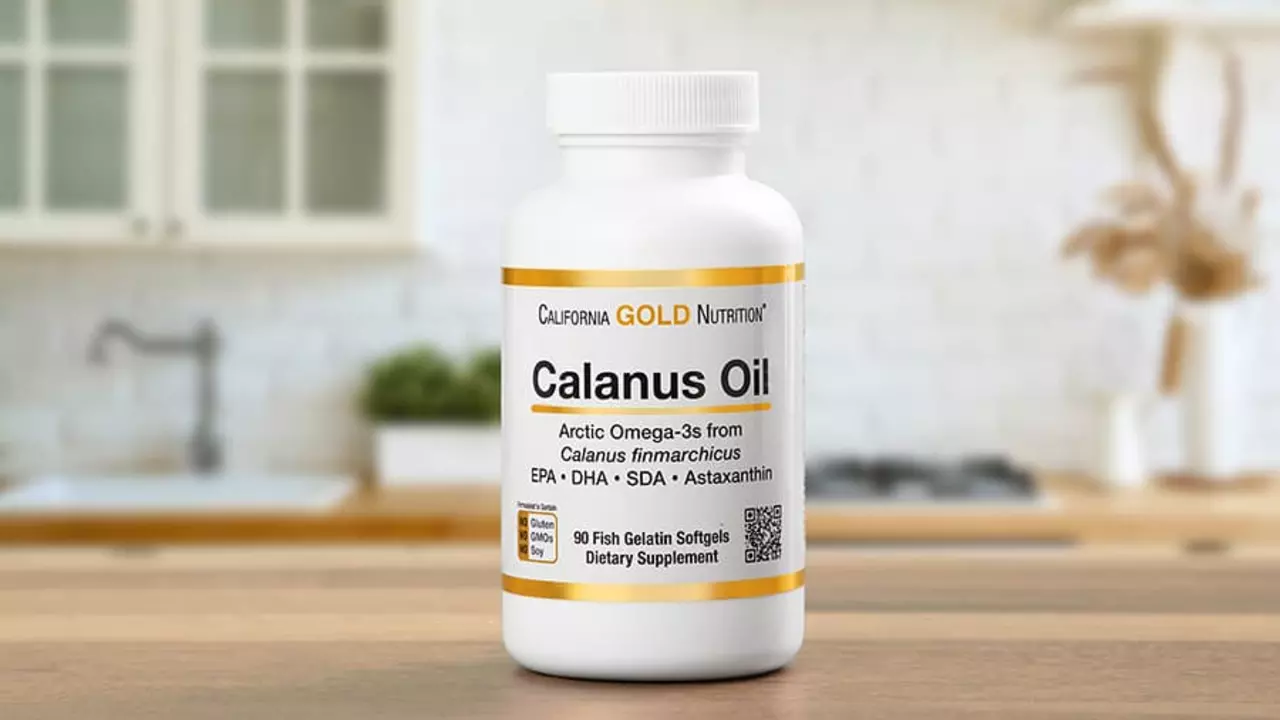Calanus Oil: What It Is and Why People Try It
Calanus oil comes from tiny crustaceans called Calanus finmarchicus found in the North Atlantic. Unlike regular fish oil, it stores fats as wax esters. That makes its makeup different and may change how the body uses the omega‑3s it contains. If you’re hunting for a new omega‑3 supplement, calanus oil is worth a look—but it’s not a miracle fix.
What’s in calanus oil and how it may help
The oil contains long‑chain fatty acids like EPA and DHA, plus some precursors and unique wax esters. Early clinical trials and lab studies suggest it can lower markers of inflammation and may help joint comfort and metabolic markers for some people. This is promising, but research is smaller than for traditional fish oil. Think of calanus oil as an alternative source of marine omega‑3s with a slightly different profile.
Practical safety tips, dosing, and how to choose one
Common supplement doses used in studies are around 500–1,000 mg daily, but products vary. Always follow the label. If you take blood thinners, have a bleeding disorder, are pregnant, or are allergic to shellfish, talk to your doctor before trying calanus oil. Side effects are usually mild—some people report stomach upset or loose stools.
When picking a product, check a few things: third‑party testing for purity, a clear statement of EPA/DHA content, and where the calanus were harvested. Sustainable harvesting and transparent sourcing matter—look for supplier info about North Atlantic stocks and responsible practices. Also check capsule freshness and storage advice; keep oils cool and out of direct heat to prevent rancidity.
Mixing calanus oil into your routine is simple. Take it with a meal to improve absorption, and don’t drop other heart‑healthy habits—eat more vegetables, keep active, and avoid smoking. If you’re switching from fish oil, compare EPA/DHA per serving so you know how much you’re actually getting.
Want proof it works? There are small human studies showing benefits, but bigger trials are still needed to be certain which conditions calanus oil helps best. If you have a specific health goal—like reducing joint pain or improving blood lipids—ask your clinician whether calanus oil fits your plan and whether it should replace or complement your current supplement.
Bottom line: calanus oil is a distinct marine oil with potential benefits and a growing evidence base. Be cautious with health claims, choose products that reveal their testing and source, and check with your healthcare provider if you have medical concerns or take medications.
In my recent exploration of health supplements, I've stumbled upon Calanus Oil, a product that's truly causing a stir in the wellness sphere. Extracted from tiny zooplankton found in the pristine Arctic waters, this oil is rich in omega-3 fatty acids, antioxidants, and stearidonic acid. With promising research indicating benefits like improved heart health, reduced inflammation, and better metabolic function, it's no wonder health enthusiasts are buzzing about it. As always, remember to consult with a healthcare professional before incorporating any new supplement into your routine. So, are you ready to dive into the world of Calanus Oil with me?

